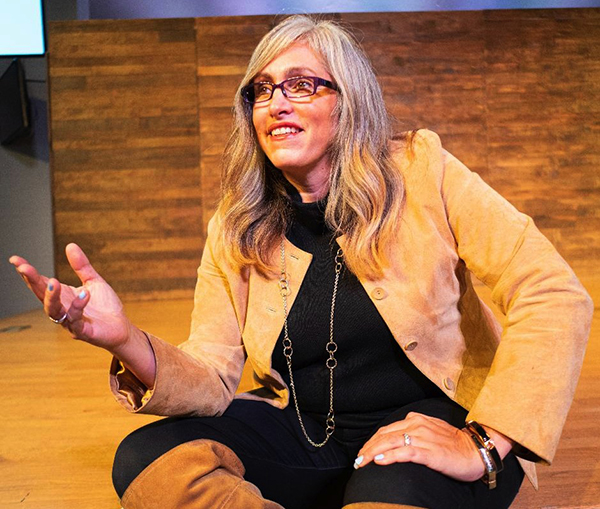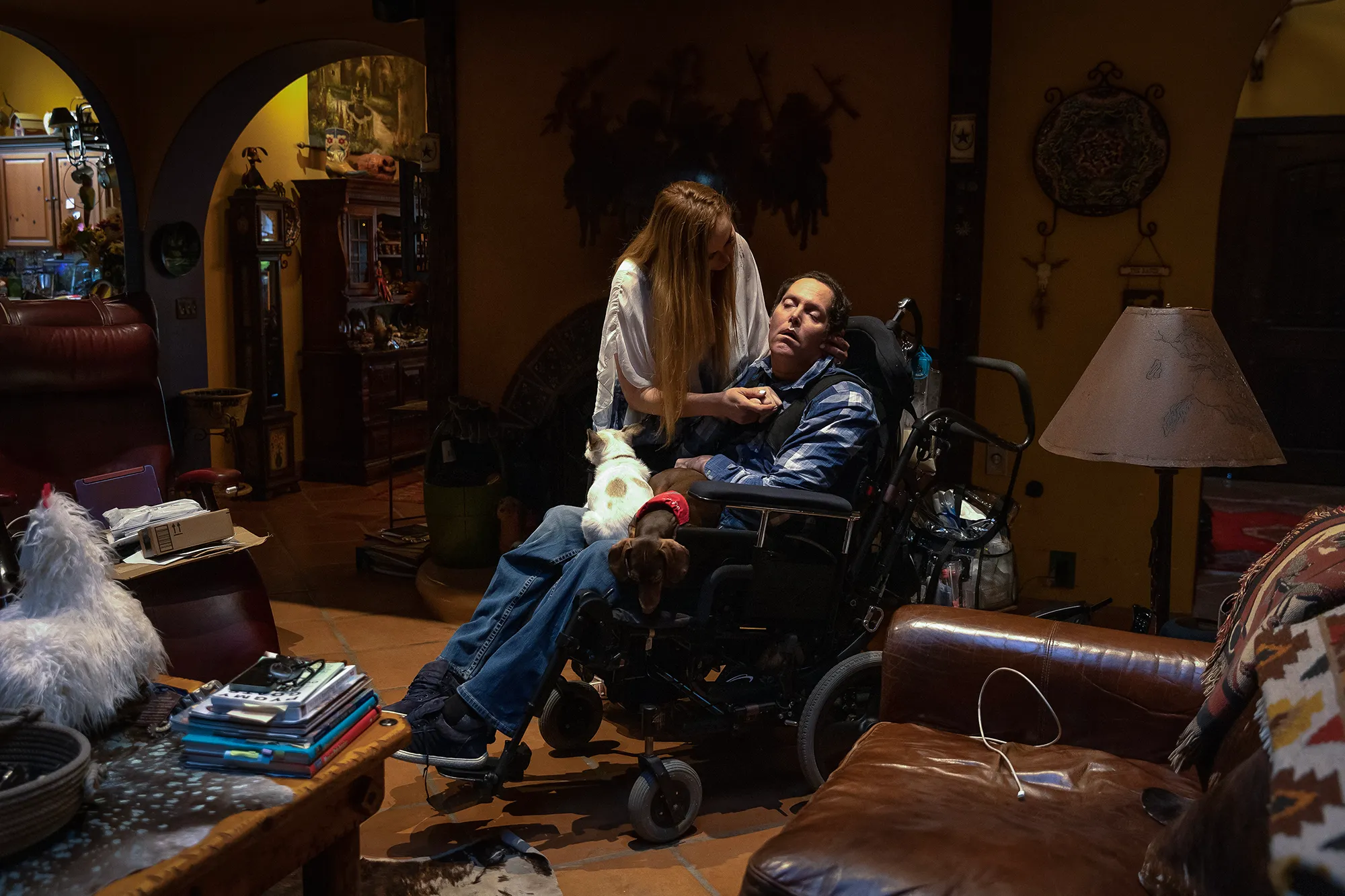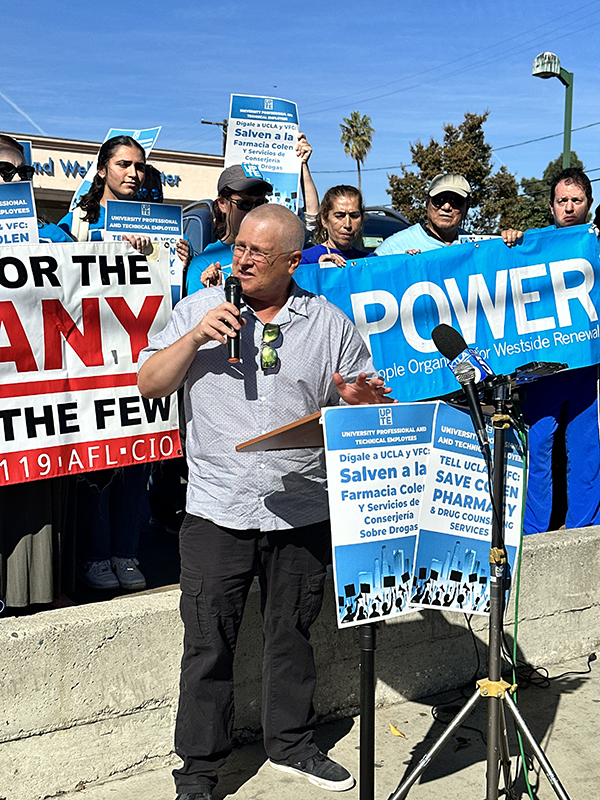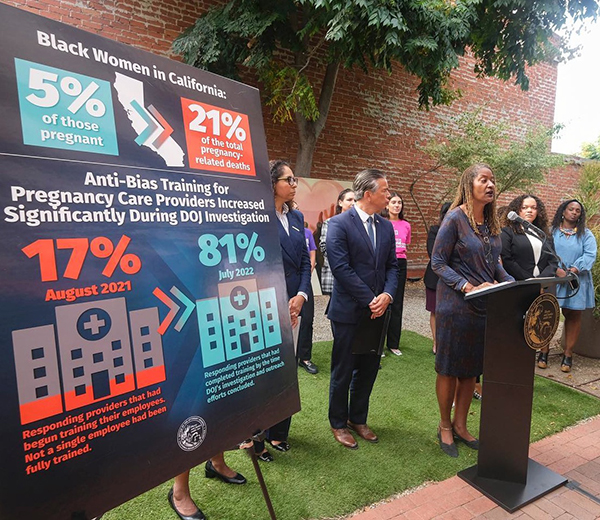By Marie Y. Lemelle
Contributing Wrier
Wearing a face mask daily for more than 14 months years has worn thin for many people and has often caused tension, anger and violence when encountering people not wearing a mask in public.
The Centers of Disease Control and Prevention recently lifted mask restrictions for fully vaccinated individuals resuming outdoor activities outdoors like walking, running, hiking or biking alone or with household members. Surprisingly, medical professionals have found that some people are hesitant to completely ditch the mask.
A survey conducted by the American Psychological Association reported that 50% of Americans are still uncertain and nervous about in-person interaction without wearing a mask.
Psychologist Sheriece Sadberry said, “Masks have served as a ‘natural barrier’ for unwanted social encounters.”
As of June 2, the CDC data tracker reports that 50% of the U.S. population has received one dose of the vaccine and 40.9% are fully vaccinated.
“As human beings, just because something changes on a dime doesn’t mean that our bodies and minds adjust right away,” said Dr. Julie Lopez, an award-winning clinician and entrepreneur, and the founder of Viva Partnership, the leader in Washington, D.C.’s brain and body-based therapeutic scene. “We’ve been in a mode where we’ve been focused on danger and minimizing risk and maximizing safety, and then suddenly these kinds of protective measures are declared unnecessary,”
“We don’t shift that quickly, and so it’s normal, because our minds and bodies are still reacting as if the threat of danger is still there even though science is saying differently. Why? Because that’s a higher-level order for our system to stay safe and to survive.
“We’re built to survive,” she adds. “It’s like the primal drive is to be able to continue to be alive and so if we’ve been told for over a year that certain things are life-threatening and that it’s a danger, those aren’t things that we adjust to quickly.”
Lopez, who strives to reduce the stigma and isolation that often surrounds those that struggle with mental health, explains the hesitancy of returning to normalcy and how stress can feel and how to cope.
“When we talk about stress, because obviously in the pandemic we’ve had overwhelming stressors coming at us from all different directions, the body automatically does certain things, and those things logically you may not want to be happening,” said Lopez, whose clinical specialty is working with implicit memory (hidden, cellular memories) by utilizing advanced brain-based therapies.
“Sometimes people find that they’re tongue tied. They don’t know what to say but they have lots of things to say and they want to speak, but the words just start coming out randomly because our bodies are going off of a different set of commands. It’s like a whole different language.”
Lopez’ thorough understanding of how the body adapts and survives the stumbling blocks of life, leverages brain science and illuminates hidden pathways to increased excellence and empowerment.
“What we have seen increasingly [with] distressed people in our society, [are] higher rates of anxiety, depression and suicide,” she said. “Isolation has been happening because people have been unable out of fear of contracting the virus or getting someone that they love who’s vulnerable sick.
“There have been weddings, births, funerals where people couldn’t attend or where they couldn’t really say goodbye in the ways that are so important for our social, community-based culture,” Lopez added. “That’s part of our human condition and so all of those things just pile up as huge losses and distress and in our system. We’ve seen the consequences from a mental health perspective.”
Lopez further explains. “In general, our moods can range from depression to anxiety. It’s like a continuum. Anxiety is when our human system is future focused, or basically thinking about the future and what could happen, what may happen, what we want to avoid happening, but you start to cycle into like how do I do all these things to make sure my future is secure, that my future is safe that my future is good and that future focus then starts to build upon itself because, of course, we can’t control the future.”
To clarify, Lopez says, “It’s a mood, so by definition, different than a feeling, it doesn’t really have an end to it, it just recycles itself. When we experience physical symptoms like our throat closing up, heart beating faster, palms sweating, there can be thoughts that kind of build on itself if you think about danger or looking for future threats, we can have rumination where there’s just thoughts repeating over and over.”
She adds that difficulty sleeping can lead to panic attacks and the heart beats so fast it’s hard to breathe and the feeling of chest pains can be overwhelming and cause you to feel out of control.
According to one CDC report, 31% of respondents reported symptoms of anxiety or depression, 13% reported having started or increased substance use, 26% reported stress-related symptoms and 11% reported having serious thoughts of suicide.
“Depression is where we’re focused on the past, what happened, things that happen, things that were grieving, things that aren’t OK and we also can’t control,” Lopez said. “Depression can look like a lack of motivation, lack of energy, feeling like just being in bed and not engaging in activities that they used to enjoy engaging with people, tend to feel very tired and, unlike grief or loss, where someone can actually feel it, process it and move it out of the body.”
Lopez notes that more people are recognizing that the mind and the body are connected, but here are some other symptoms that people might not associate with mental health but are very associated with rashes, skin conditions, chronic fatigue syndrome any of the inflammatory conditions in the body can be associated with a higher stress load on the body.
The American Psychological Association offers evidence-based advice to help people cope.
Among the tips are:
• Give yourself permission to take a break from the news, social media or even certain friends.
• Practice the rule of “three good things” and ask friends and family to do the same. The rule states that at the end of each day, reflect on three good things that happened — large or small. That helps decrease anxiety, counter depression and build emotional resiliency.
• Practice self-care in 15- or 30-minute increments throughout the day. Parents should encourage or help their children to do the same.
• Stay connected with friends and family to help build emotional resiliency so you can support one another.
• Try to reframe your thinking to reduce negative interpretations of day-to-day experiences and events.
“You need to get into this unconscious part of your system, which is designed to help us survive and adapt to our environment, and it’s the part of our human system that tells us when we’re in danger,” Lopez said. “Graduations, prom and homecoming are really important to a teenager. We are communal creatures so there’s loss.
“If you’re experiencing any of the type of normal symptoms that people experience when they’ve been through a really stressful time, you are not broken, there is nothing wrong with you but many of us have reached a breaking point,” Lopez added. “When you say I’m running on adrenaline, that is a chemical in your body, it can make you do amazing things when you’ve had no sleep or when you really shouldn’t be at your best, and it’s real, and it has consequences if you run on that for too long.
“People have adrenal fatigue or burnout. There are real physical consequences.”
Significant increases were observed in the percentages of adults who reported experiencing symptoms of mental disorders such as an anxiety disorder, depressive disorder, and at least one or more of these disorders.
“A lot of times people feel stigmatized,” Lopez said. “They feel that there’s a stigma associated with getting help for mental health. Our psychology, our emotional wellness is intimately tied into our physical health, and it is just as sexy to be mentally healthy as it is to be physically healthy so, hopefully, by letting people access more information and learning about mental health, it’ll break down some of those barriers because it does make a huge difference in people’s quality of life.”
For mental health help, contact your primary physician for referrals or call crisis intervention services such as the Substance Abuse and Mental Health Services Administration Disaster Distress Helpline (800) 985-5990), the Crisis Text Line (text HOME to 741741) and the Suicide Prevention Lifeline (800) 273-8255.
Marie Y. Lemelle is the founder of www.platinumstarpr.com and a film producer. She can be reached at MarieLemelle@platinumstarpr.com. Follow her on Instagram @platinumstarpr.













